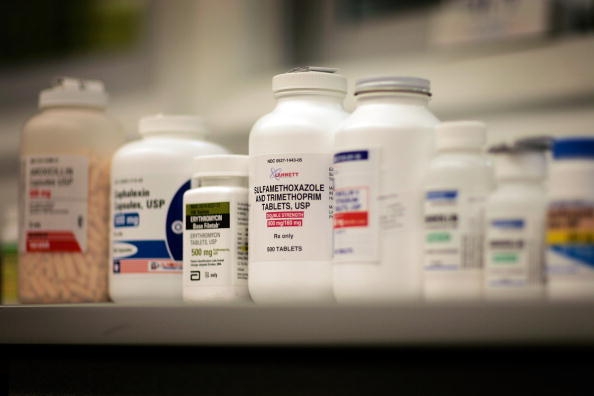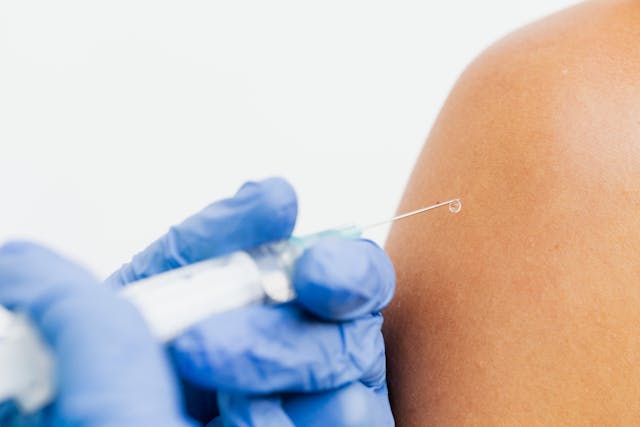
Infant’s ear infection needs long-term antibiotic, despite shortened regimen: Study
Ear infection among infants is one of the most common, yet serious health issues. While most parents think short-term antibiotics to be the best treatment for such types of infant ear infection, a recently conducted study has revealed something different, actually something more serious and concerning. A study published in the New England Journal of Medicine has disclosed that, rather than short-term treatments, kids need to go through long-term antibiotics for the complete cure of infection in the ear.
Almost three in ten children suffer from the issue of ear infection during their initial year of life. To kick out this common health problem, most parents go for temporary Antibiotics. But according to the new study, a short course of antibiotics or treatment is not the best way to cure infant ear infection. The new medicinal survey involved 520 children suffering from with ear infections for experimenting and found the long-term treatment to be more helpful for a life-long relieve from the issue. A group of medical researchers from the University of Pittsburgh, during the research, found out that the normal course of antibiotic cure is much more effective than the abridged antibiotic treatment.
The new discovery also suggests that cutting down the period of an antimicrobial regimen for babies going through ear infections is the most common cause for the life-long suffering. The period for which the US-based children receive antibiotics is likely to be a risky strategy and limiting the use of antibiotic and holding up the appearance of antimicrobial resistance can create health issue to the highest extent among children.
During the randomized non-inferiority test, the researchers from the University Of Pittsburgh School Of Medicine and Children’s Hospital of Pittsburgh took 520 children between 6 and 23 months into account. All of them were divided into two groups: One who were given a 10-day course of the first-line treatment for ear infections containing amoxicillin-clavulanate while the other group received a 5-day course followed by a 5-day course of placebo.
Neither children nor their parents were aware of this test. During the course of therapy, the scientists reviewed the children through telephonic conversations and asked their parents to rate their children’s marks on the Acute Otitis Media-Severity of Symptoms (AOM-SOS) scale. The AOM-SOS scale consists of seven separate options like diminished hunger, tetchiness, jerking of ears, crying, sleeplessness, weaken activity, and fever and the higher marks on the scale point toward extreme harshness of symptoms.
After the test, the analysts found the children who were given the 5-days therapy to be more affected by the symptoms of harsh ear infection, while the 10-days treatment-involved kids are found to be in a better condition. Researchers also found 34% in the 5-day group to have the clinical failure, while the rate in 10-days group was only 16%.


